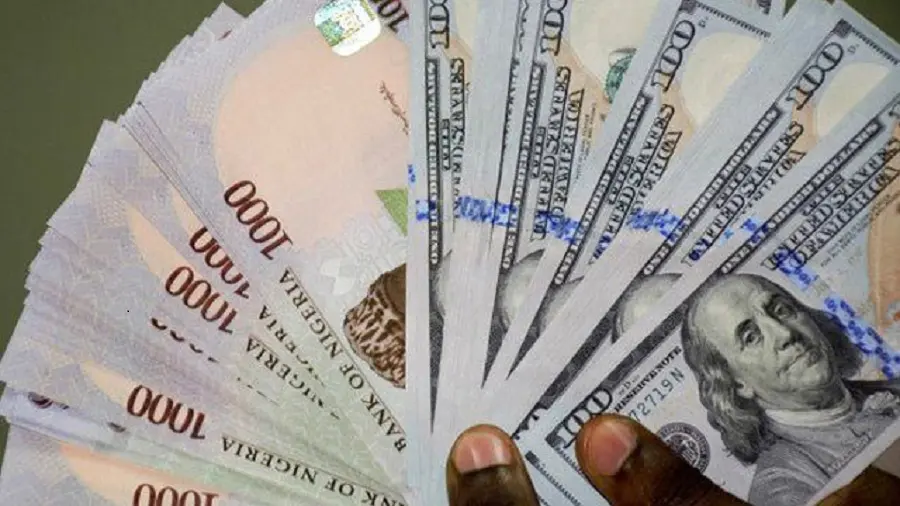Economic experts and civil society groups have raised alarm over Nigeria’s mounting debt burden, warning that the country may be heading toward a fiscal cliff, as debt servicing alone is projected to gulp ₦14.32 trillion—representing 25 per cent of the 2025 national budget.
The alarm was sounded on Wednesday in Abuja during the National Debt Conference, jointly organised by the African Network for Economic and Environmental Justice (ANEEJ) and the African Forum and Network on Debt and Development (AFRODAD).
The conference brought together development economists, anti-corruption campaigners, and policy advocates, all expressing deep concern over the government’s growing reliance on borrowing without corresponding productivity or transparency.
Speaking at the event, ANEEJ Deputy Executive Director, Leo Atakpu, described the debt trend as “unsustainable,” warning that Nigeria’s current debt stock, pegged at $597.24 billion (₦149.38 trillion) as of March 2025, is approaching the critical 40 per cent debt-to-GDP threshold.
Atakpu also decried the annual diversion of funds meant for arms and security, which he said has worsened insecurity in the country’s food-producing belts.
He accused some military and police officials of sabotaging national security through corruption, despite huge budgetary allocations for defence.
“It is painful that ₦14.32 trillion is earmarked for debt servicing in the 2025 budget of ₦54.99 trillion—more than what is allocated to education, healthcare, agriculture, and social welfare combined,” he said.
He further noted that Nigeria is bleeding billions through illicit financial flows. Citing a United Nations Economic Commission for Africa (UNECA) report, Atakpu disclosed that Africa loses $590 billion annually to illicit financial flows, out of which Nigeria accounts for a significant portion. An additional $140 billion is lost to corruption, he added.
He called for urgent policy action toward debt cancellation and reparations rooted in historical justice, noting that successive governments have accumulated debts through unjust conditions imposed by international lenders.
Former Country Director of ActionAid Nigeria, Ene Obi, also faulted the structural adjustment-style conditionalities attached to loans from the International Monetary Fund (IMF) and World Bank.
According to her, conditions like fuel subsidy removal and naira devaluation have plunged millions of Nigerians into poverty.
“These external loans come with bitter pills—devaluation, inflation, removal of safety nets—which hurt the most vulnerable,” Obi said. “The creditors are not blameless.”
Participants at the conference demanded an end to reckless borrowing and called for transparent debt audits.
They advocated for a multi-stakeholder approach to push for fairer global debt rules, debt relief, and accountability in public financial management.
Do you want to share a story with us? Do you want to advertise with us? Do you need publicity for a product, service, or event? Contact us on WhatsApp +2348183319097 Email: platformtimes@gmail.com
We are committed to impactful investigative journalism for human interest and social justice. Your donation will help us tell more stories. Kindly donate any amount HERE




